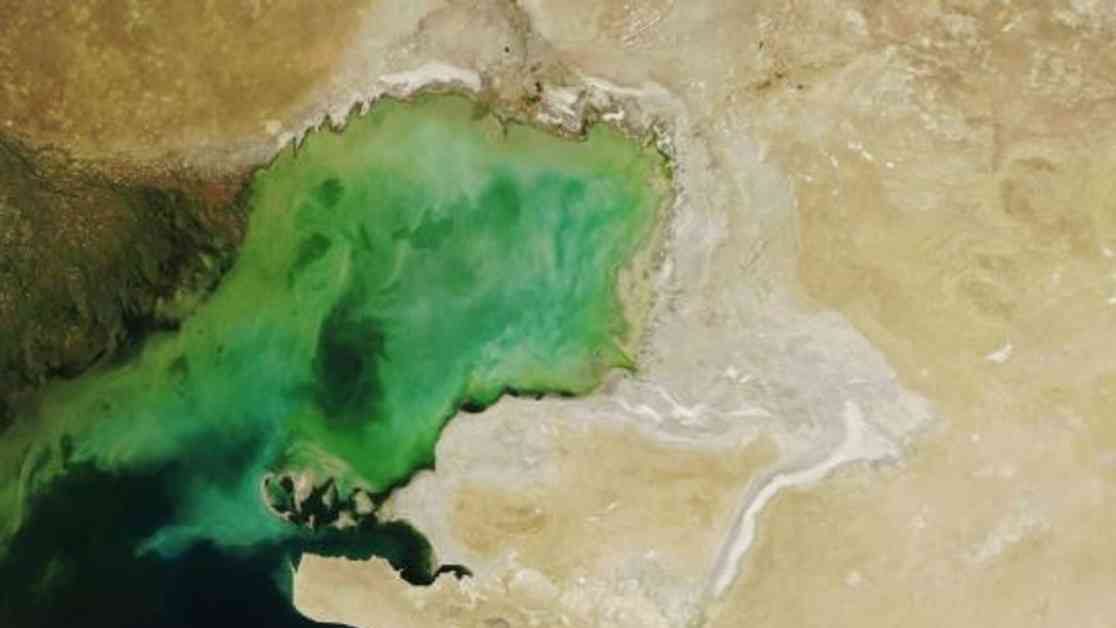Elana Alizade reminisces about the days when the beaches around Baku were teeming with life. She recalls the biodiversity, the snakes, the turtles, and the birds that used to roam the narrow shores. Now, the landscape has changed drastically, and the shoreline has receded by 200 meters.
Scientists are beginning to unravel the mystery behind the shrinking Caspian Sea. Water levels in the Caspian Sea have been declining steadily since 1996, with a more rapid decrease observed after 2006. This decline has had far-reaching consequences, impacting fisheries, agriculture, and even endangering species like the Caspian seal.
Climate change has been identified as a significant factor contributing to the shrinking of the Caspian Sea. Rising temperatures and shifting wind patterns are causing increased evaporation from the sea. Additionally, the water flowing into the sea is already stressed due to agricultural practices, population growth, and the presence of numerous dams in the surrounding rivers.
The Caspian Sea, which is home to rich oil and gas reserves, faces a dilemma. While these resources contribute significantly to the region’s economy, their extraction and consumption are also polluting the water and exacerbating climate change. The deputy ecology minister of Azerbaijan emphasized that the issue of climate change is a global challenge that requires collective action.
The declining water levels of the Caspian Sea have wide-ranging impacts on coastal communities and infrastructure. The Middle Corridor shipping route, crucial for transporting goods between east and west, is also affected by the shallower waters. Ships have to carry lighter loads, resulting in more journeys and increased emissions.
At a recent event, the five countries bordering the Caspian Sea pledged to collaborate on preserving the sea’s resources and addressing the impacts of climate change. However, the focus on adaptation measures must be coupled with efforts to reduce emissions. Cutting greenhouse gas emissions is deemed crucial in combating the root cause of the issue.
In conclusion, the shrinking of the Caspian Sea is not just an environmental crisis but a human crisis that requires urgent action. The interconnectedness of climate change, water management, and economic activities underscores the complexity of the challenges faced by the region. Addressing these challenges will necessitate a concerted effort at both local and global levels to secure the future of the Caspian Sea and its surrounding communities.




